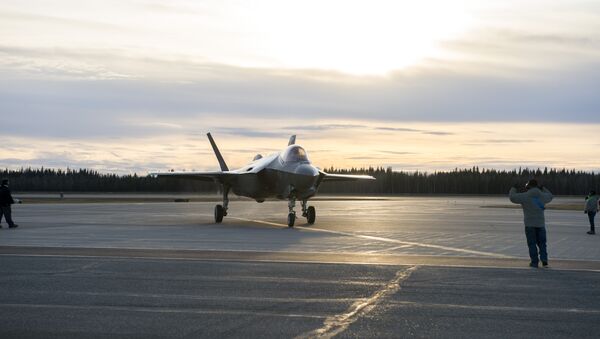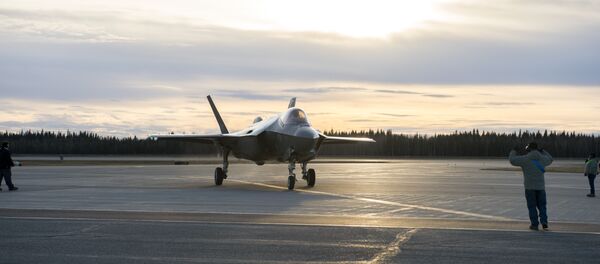"All F-35 deliveries to our customers were temporarily suspended by the F-35 Joint Program Office" from September 21 until October 20, Lockheed announced Wednesday. Lockheed delivered 46 F-35s to the Pentagon in 2016 and was expected to drop off 66 more aircraft in 2017. The Pentagon said the delivery pause would not impact how many F-35s are accepted this year.
Lockheed Martin initiated a review to determine how many of the 250 jets that have already been produced for the US military suffer from the same issue.
The Pentagon said the issue "needs to be corrected to prevent future corrosion," however "it does not pose a flight risk to the F-35 fleet or affect current operations."
The corrosion problem is just one of the many problems already plaguing the F-35. Previously, the $1.5 trillion dollar jet program has worked through issues including engine fires, unsafe helmets that can snap pilots' necks, pilots experiencing hypoxia, flawed ejection seats, and being incapable of flying through thunderstorms. In September 2016 the US Air Force announced that insulation lining the jet's fuel tanks was "peeling and crumbling."
In addition to the US military, South Korea, Japan, Australia, Belgium, Canada, Denmark, Finland, Israel, Netherlands, Norway, Turkey and the UK are slated to deploy F-35 aircraft, according to Lockheed's corporate site.



